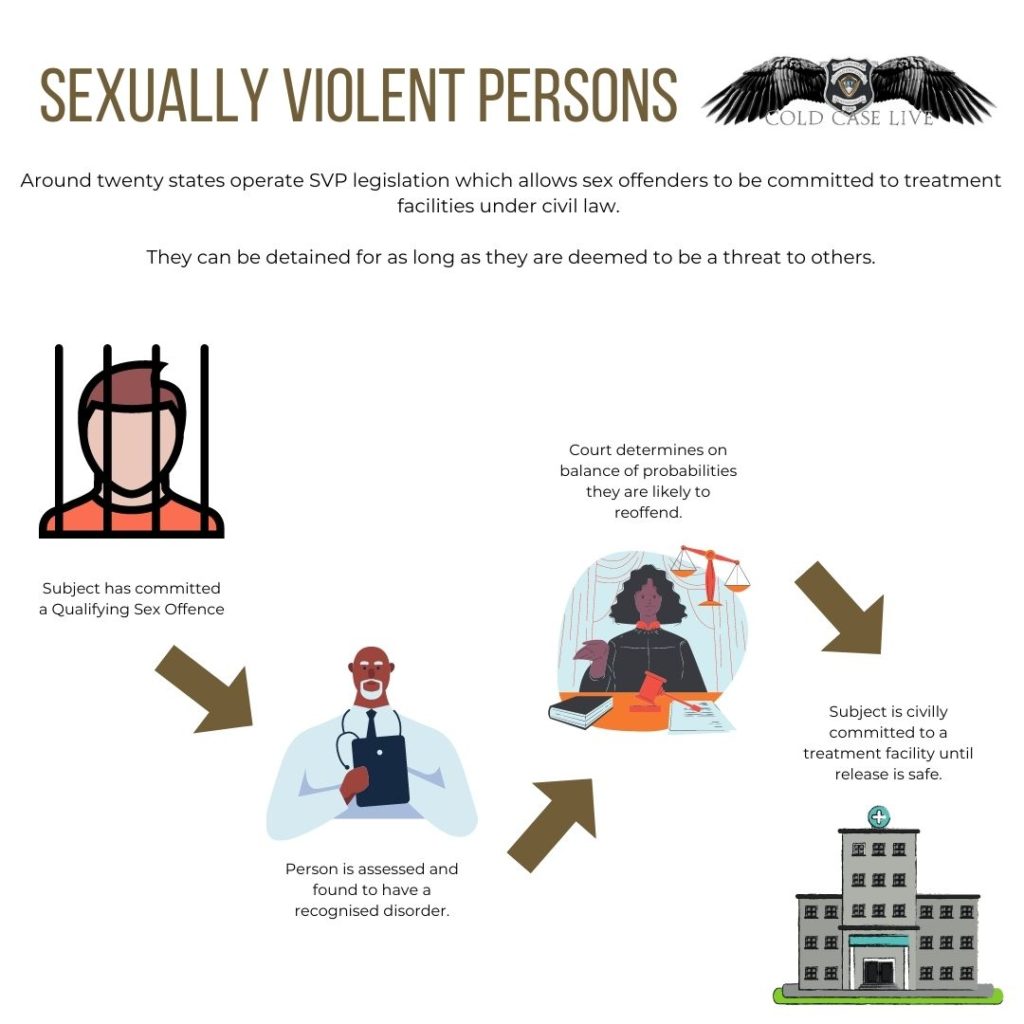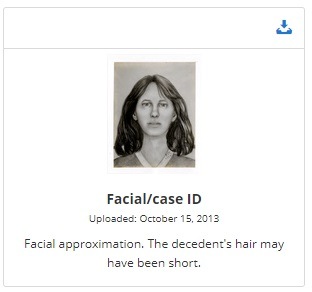
Sexually Violent Persons Explainer
Welcome to this short explainer on Sexually Violent Persons.
Around twenty states operate SVP legislation which allows sex offenders to be committed to treatment facilities under civil law. They can be detained for as long as they are deemed to be a threat to others.
In order for an individual to be found to be a Sexually Violent Person, they need to meet the three prongs of the statute.
They must have committed a qualifying sex offense. This could be rape, sexual assault, or a range of child sexual offences.
They must also have a qualifying mental disorder that affects their emotional or volitional capacity.
The third prong is that, as a result of that mental disorder, they are substantially probable to commit future acts of sexual violence.
This is assessed by a clinical psychologist during a comprehensive evaluation and the findings are provided to the Attorney General’s office and the courts.
A decision is then made to either commit the individual to a treatment facility or release them.
A person is classed as “in remission” if they have not acted on urges arising from their disorder for a defined period (for example five years in a non-institutional setting) or where a suitably qualified psychologist determines their risk of reoffending is lower than the probability threshold.
Stay safe!

If you are not already a member, join Cold Case Live today to directly support the ongoing casework of the Cold Case Foundation and to help us develop this vital resource in the fight against serious crime.



Responses